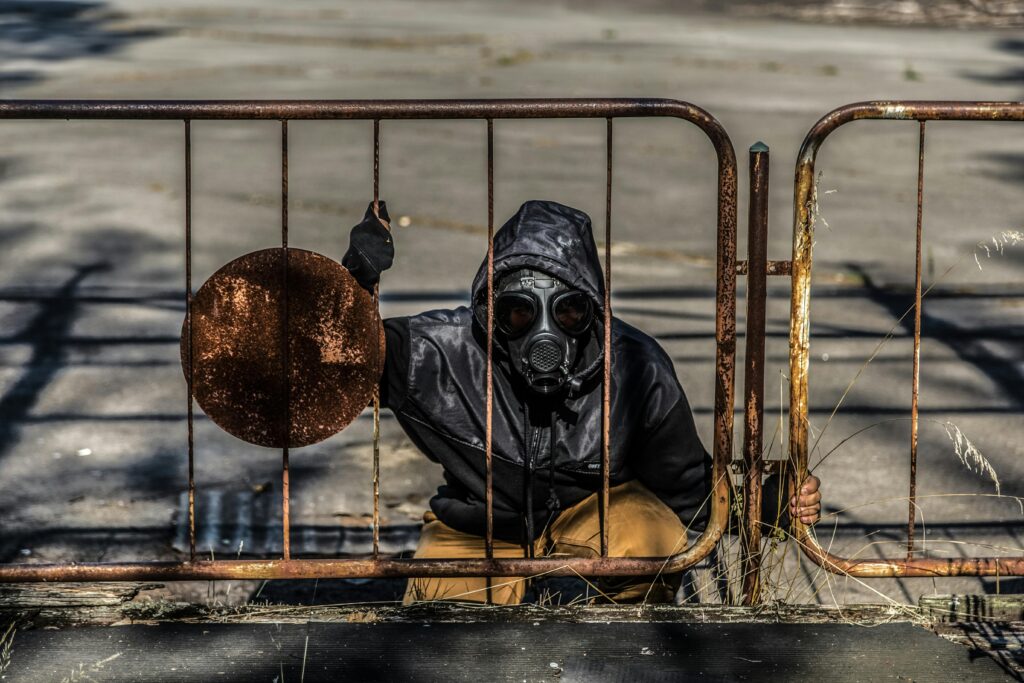
What would you do to stay alive if there were a nuclear war tomorrow?
You are not alone if you are worried while watching the news or scrolling through your feed. Although experts say there is little chance of a full-scale nuclear conflict, being prepared can help you feel safer and more at ease.
This Nuclear War Survival Guide offers vital information and practical tips to help you stay safe in the unlikely event of a nuclear conflict.
What is Nuclear War?
Nuclear weapons were used during World War II in Hiroshima and Nagasaki and have since been tested by several nations. Understanding their destructive power is key to grasping the importance of preparedness.
It is defined by long-distance attacks and uncontrollable effects, greatly exceeding the scope and impact of conventional combat.
How to prepare for a Nuclear War
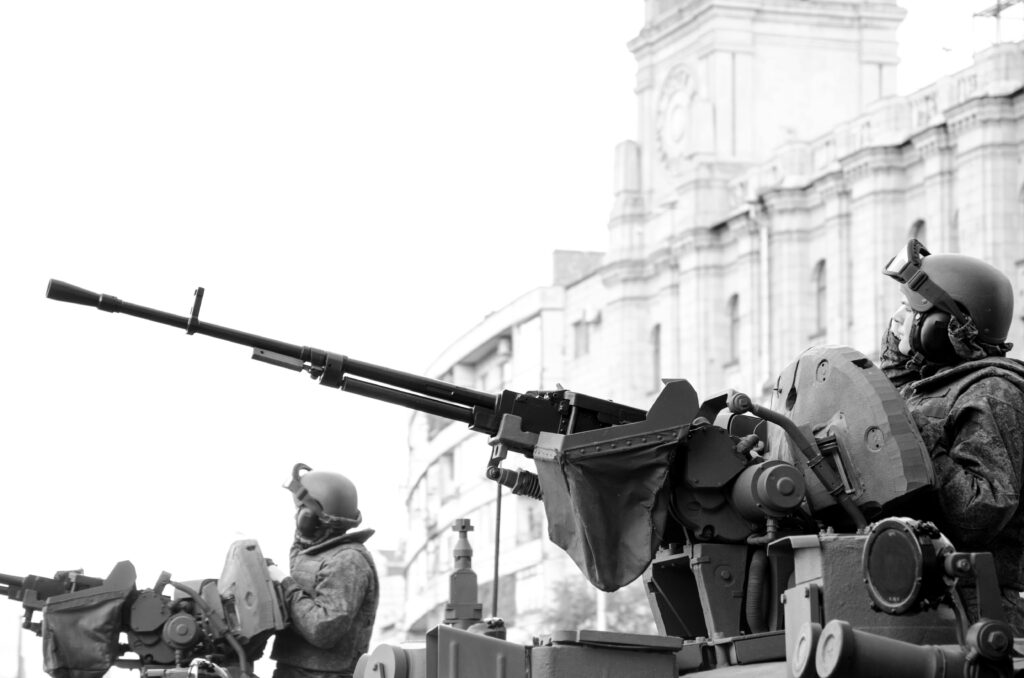
Being prepared is the most important part of staying safe. If a nuclear war happens, people who plan ahead are more likely to survive.
- Know the Risks
Find out which places are more likely to be hit, like big cities, military bases, or factory areas.
Check how close you live to these places and consider whether dangerous radiation (called fallout) could reach your area.
- Gather Supplies Early
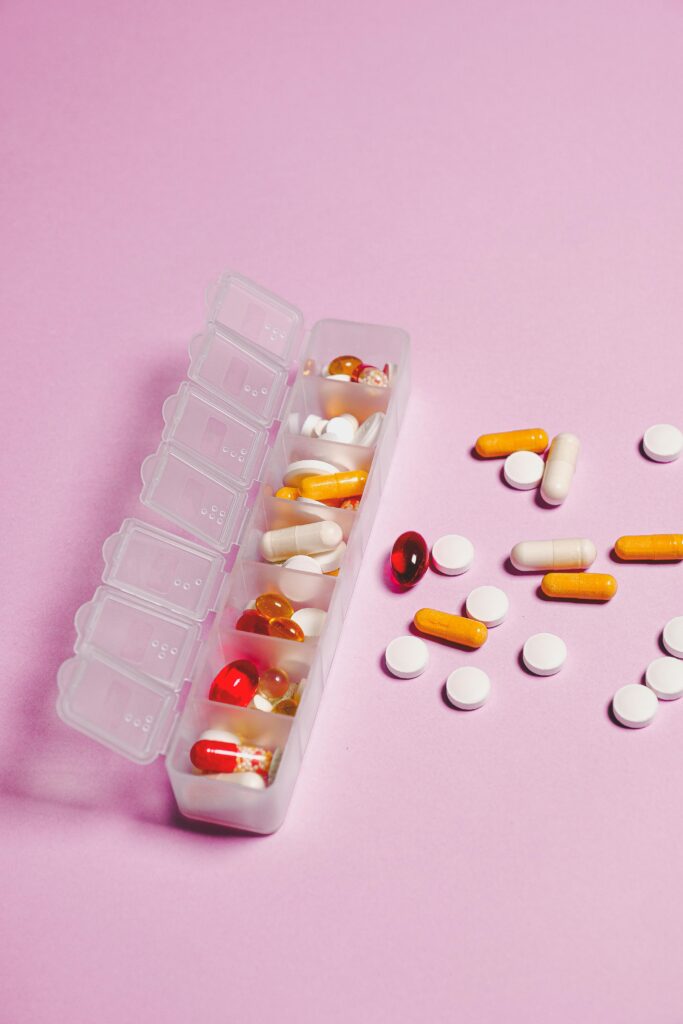
Preparing for a nuclear attack is very important. First, know how dangerous a nuclear bomb can be, it causes strong blasts, heat, and radiation.
- Emergency Kit: Include basics like bandages, pain relievers, antiseptic wipes, and potassium iodide tablets. These tablets protect the thyroid from radioactive iodine but should only be taken upon official government instruction.
- Food and Water: You may not be able to go outside, so store enough water and food. At least one gallon of water should be consumed daily by each person; try to get two weeks’ worth. Stock up on canned or dry foods that last long and are easy to prepare.
- Additional Supplies: Store clothes, a flashlight with batteries, hygiene items, a radio, a multi-tool, blankets, and some cash.
- Family emergency plan: Create a plan as a family or as a group. If you live nearby, stay together in one place. If not, decide where to meet, what to do, and who is responsible for what.
- Stay Updated
It’s important to know what’s happening during a nuclear emergency. This helps you stay prepared and make the right choices.
Keep a battery-powered or hand-crank radio with you to listen to news and alerts, especially if the internet or TV stops working. This way, you can get updates even during power cuts.
- Choosing the Right Shelter
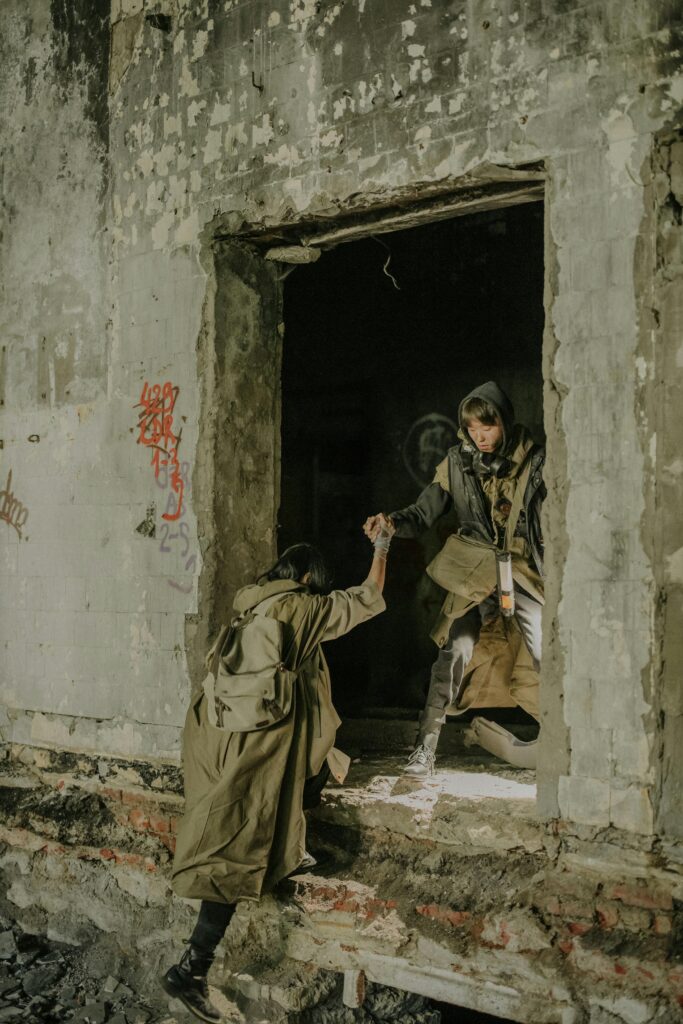
No shelter can fully protect you from a nuclear bomb, but picking the safest one can help you survive. The more mass between you and the outside environment, the safer you’ll be. Interior rooms with no windows offer better protection.
Good Shelter Options:
- Fallout Shelters: Built to protect from nuclear attacks. Made with strong materials like concrete, steel, or rock. Ask local officials if your area has one.
- Underground Places: Basements, tunnels, or subways offer good protection. If you’re near mountains, caves and deep tunnels are also helpful.
- Concrete or Brick Buildings: These are strong and can block some of the blast and radiation. Stay in a room with no windows that you can seal shut.
Pick the best shelter based on where you are and what you have. Being far from the blast and in a strong building gives you the best chance.
- Stay Inside for At Least 24-48 Hours
While 24 hours is a minimum, experts recommend staying indoors for at least 48–72 hours if possible, especially in high fallout areas. Radiation levels drop significantly over time, with the first 24 hours being the most dangerous.
- Caring for Minor Injuries
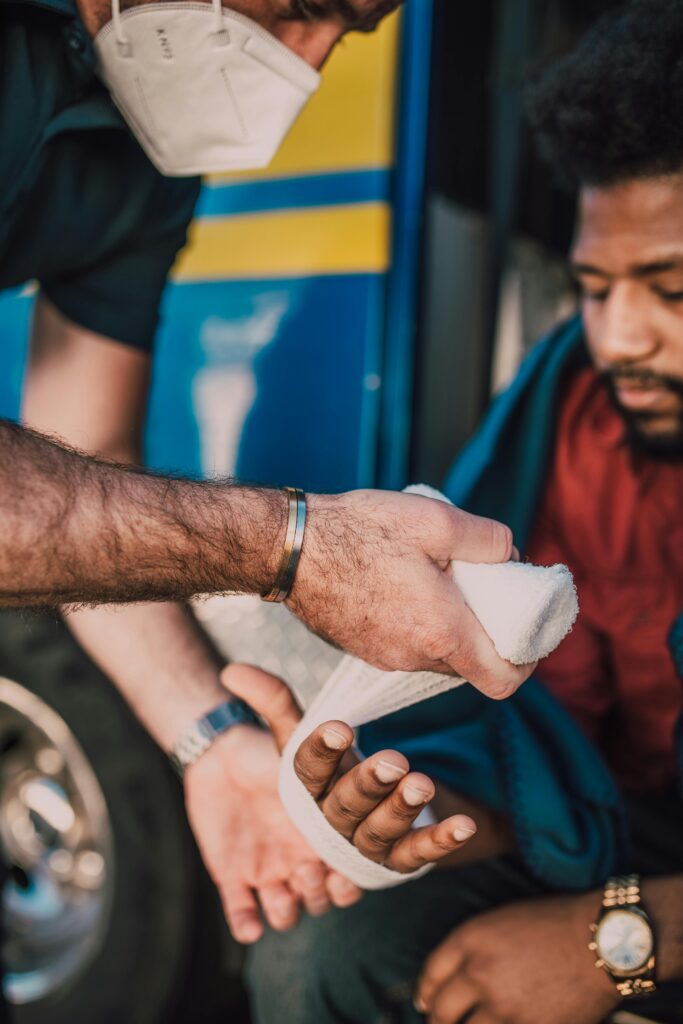
You may not have access to doctors, so treat small wounds using your first aid kit.
For small cuts:
- Wash your hands with soap and water.
- Use warm water and mild soap to clean the wound.
- Press a clean cloth or gauze to stop the bleeding.
- Apply petroleum jelly.
- Use a fresh bandage to cover the wound, changing it daily.
- Take pain medicine if needed.
For small burns:
- Apply cold water or a cold cloth to the burn and let it cool for ten minutes.
- Use petroleum jelly several times throughout the day.
- Cover with a clean bandage.
- Take pain medicine if needed.
Try to stay calm and support others around you. Do simple activities to reduce stress and keep your mind positive.
- Sealed Food and Water bottle
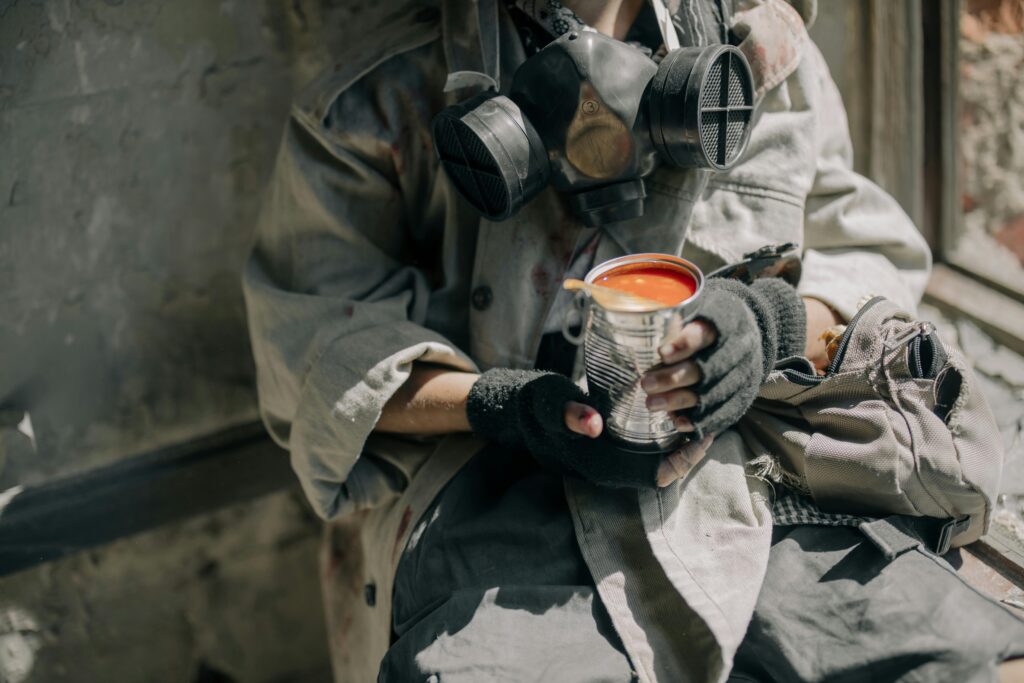
Does a nuclear explosion make your food and water safe?
After a nuclear blast, only consume food and water that were sealed before the blast. Do not eat produce or drink water from open containers, as they may be contaminated with radioactive particles.
- Long-Term Survival Tips
After the danger passes, focus on rebuilding and staying safe.
- Move to Safer Places: When radiation goes down, move to areas with less contamination. Avoid places covered in thick dust.
- Grow Your Own Food: Save seeds, learn basic gardening, and if possible, use greenhouses to grow food safely. Contaminated soil may remain dangerous for months or even years, depending on fallout levels.
- Stay Healthy: Keep clean, boil water before drinking, and treat injuries quickly to avoid infections since medical help might be limited.
Are you and your family currently equipped to handle a nuclear emergency?
Conclusion
Although the prospect of a nuclear conflict is unsettling, being ready can actually help. Protecting yourself and your loved ones during a nuclear attack requires knowing what to do before, during, and after the attack.
Remember: staying calm, making informed decisions, and supporting one another are just as critical to survival as having the right supplies.

